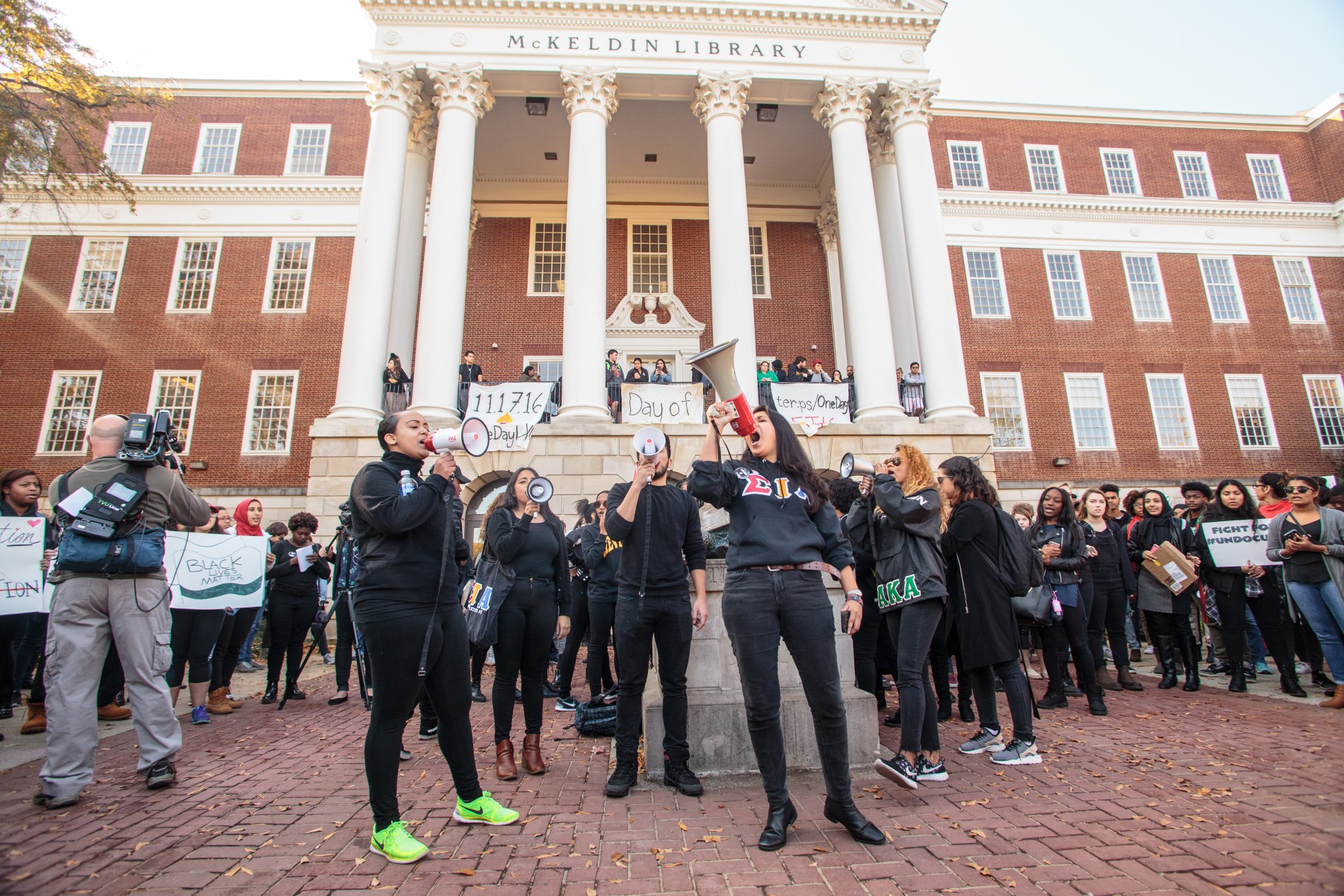Views expressed in opinion columns are the author’s own.
At the highest echelon of elite discourse resides a small clan of centrist college professors who disdain student activists.
These academics — people like Steven Pinker at Harvard University, Jonathan Haidt at the University of Virginia and Mark Lilla at Columbia University — attend the fanciest global conferences and write for the most prestigious publications, warning American elites about supposedly burgeoning illiberalism on campuses across the country.
If you aren’t familiar with their names, you’re certainly familiar with their ideas. Haidt, Pinker and Lilla are, in essence, highbrow snowflake bashers. While they aren’t identical in background or ideology, they have a common diagnosis of American politics: Our liberal democracy is threatened by tribalism on the far right and, most critically, “identity politics” on the campus left.
I believe these academics — each of whom once did laudable scholarship — have become almost entirely useless, and that their public output is built on lazy analysis and crankery. But before putting them out to pasture, let’s explore why their criticism of college activism is so silly.
In a lecture before the Manhattan Institute, Haidt best expressed the centrist professor credo, describing the two groups that threaten democracy as “the Republicans in Washington, and the Left on campus.”
Putting those two groups in the same sentence is, to put it lightly, bananas. Even if one grants that Republicans and college activists are equally contemptible, the GOP currently controls the whole apparatus of American government.
Republicans in Washington have the power to tear immigrant families apart, further global ecological destruction and drop nuclear weapons. Campus activists often have little power over their own universities. Comparing the two is false equivalency of the highest order.
Now, that doesn’t mean that the “Left on campus” doesn’t pose some threat to American democracy. So what are the centrist profs upset about when they condemn the campus climate? One thing, really: Identity politics. In the New York Times, Lilla called for a “post-identity liberalism.” Pinker told the Weekly Standard that identity politics is “an enemy of reason and enlightenment values.”
Their demonization of identity politics is incoherent. Contemporary political science — especially the work of Chris Achens and Larry Bartels — suggests all politics is identity politics. Citizens make political decisions based on partisan affiliation and their socio-cultural identities. Americans have organized around shared identity in wonderful ways (worker solidarity movements, women’s suffrage) and in shameful ways (white nationalism in the 2016 election, the Confederacy). It’s a morally neutral term, describing not a specific ideology but an inescapable reality.
When the centrist profs decry identity politics at colleges and universities, they’re really talking about students organizing around certain specific identities, namely minority groups and women. Lilla writes that many college students “assume that diversity discourse exhausts political discourse, and have shockingly little to say about such perennial questions as class, war, the economy and the common good.”
[Read more: Former UMD student indicted on hate crime charge in the death of Richard Collins]
The implication here is clear: College activists are consumed by the trivial concerns of minority groups, and have neglected grown-up political issues like “the common good.”
But why might college students be concerned about the safety and welfare of marginalized people? Could it be that sexual violence has plagued universities across the country, or that thousands of undocumented students are at risk of deportation? Could it be that a member of a white supremacist Facebook group was charged with the murder of a black visitor at this very university?
The unspoken premise of their argument is that vulnerable identity groups mostly have it OK. Of course, it’s difficult to defend this proposition in the era of #MeToo, Black Lives Matter and Donald Trump, so the centrist profs ramble on about enlightenment values and insist liberal democracy will be corroded by a small group of 19 year olds.
Whatever their value in previous academic guises, Pinker, Haidt and Lilla are now wholly unserious. They don’t deserve bylines in The Atlantic or speaking engagements at Davos. They should be driven to the remote edges of political discourse, where they can blather away in peaceful obscurity.
Max Foley-Keene, opinion editor, is a sophomore government and politics major. He can be reached at opinionumdbk@gmail.com.



